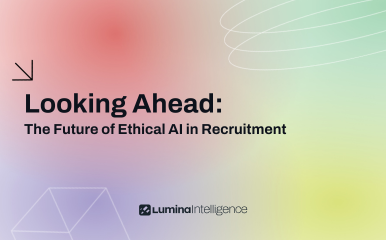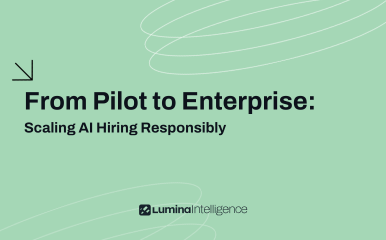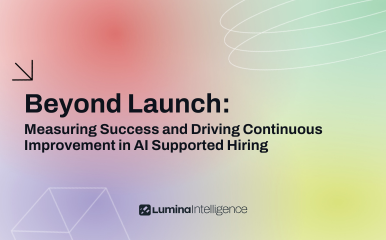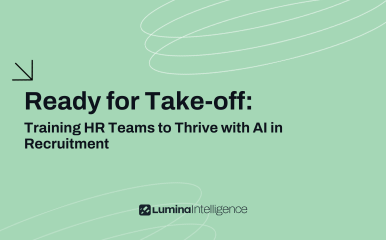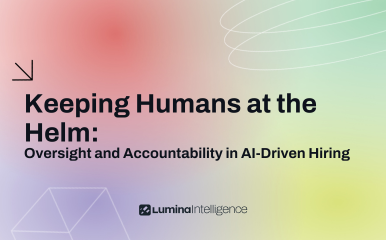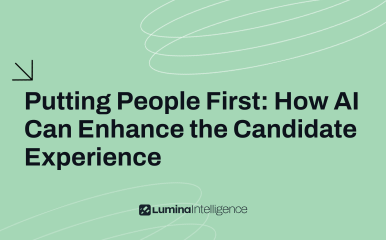Some companies couldn’t wait to go all in on AI.
Klarna cut 700 human roles, aiming to replace them with automated systems. Duolingo embraced an AI-first mindset and publicly declared it would only grow headcount after exhausting all automation options.
Fast-forward to today, and the reality check has arrived.
Klarna is rehiring. Duolingo is facing a storm of backlash from users. The message is loud and clear: cost savings may look good on paper, but people still want people in the loop.
What Happened?
Let’s break it down.
Klarna’s CEO wanted to be the “favourite guinea pig” of OpenAI. The company froze hiring, replaced large swathes of customer support with automation, and proudly claimed that AI now did the work of 700 employees.
But things didn’t go to plan.
Customer experience dropped. Quality slipped. And now Klarna’s shifting direction. They’re on a hiring spree, with a renewed focus on live human support. Not as an apology, but as a correction.
Duolingo? Their AI-first announcement triggered a different kind of fallout. Public reaction was swift, emotional, and brutally visible, especially on TikTok. Every comment section became a protest. People deleted the app. Long-time users said their streaks felt meaningless. And Duolingo had to issue a statement clarifying that AI wasn’t replacing their experts, just supporting them.
Still, the damage was done.
What Can HR Learn From This?
These weren’t fringe experiments. These were strategic, public shifts from two of the most tech-forward consumer brands out there. They were early adopters, and now they’re cautionary tales.
The lesson isn’t “don’t use AI.” It’s: be intentional about how you use it.
People aren’t anti-AI. They’re anti-irrelevance. Anti-dehumanisation. Anti-false promises.
Customers want thoughtful service. Candidates want to be treated fairly. Employees want tools that help them work better, not eliminate their value. And when that balance feels off, the reaction isn’t subtle.
Cost Is Not a Strategy
The biggest mistake here wasn’t technical. It was cultural. These moves were driven by one metric: efficiency. And that meant human support, feedback, and experience got treated as a cost to cut, not a quality to protect.
But when you take people out of the process without a clear plan for quality, trust suffers. Brand suffers. Hiring suffers. It’s not just a tech gamble, it’s a reputation risk.
The Future of AI in HR Isn’t “Fewer People” – It’s Smarter Support
AI absolutely has a place in the future of work. But it needs a strong foundation:
- Human-led oversight
- Clear design boundaries
- Transparent use
- Respect for the people on both sides of the experience
At Lumina, this is the principle we build around. AI doesn’t make decisions for you, it gives you structured, explainable insight so your team can make better calls, faster. It takes care of the admin, flags blind spots, and frees up humans to focus on judgment, empathy, and connection.
The companies that win with AI won’t be the ones that automate the most.
They’ll be the ones that deploy it wisely, with clarity, with care, and with people at the centre.
